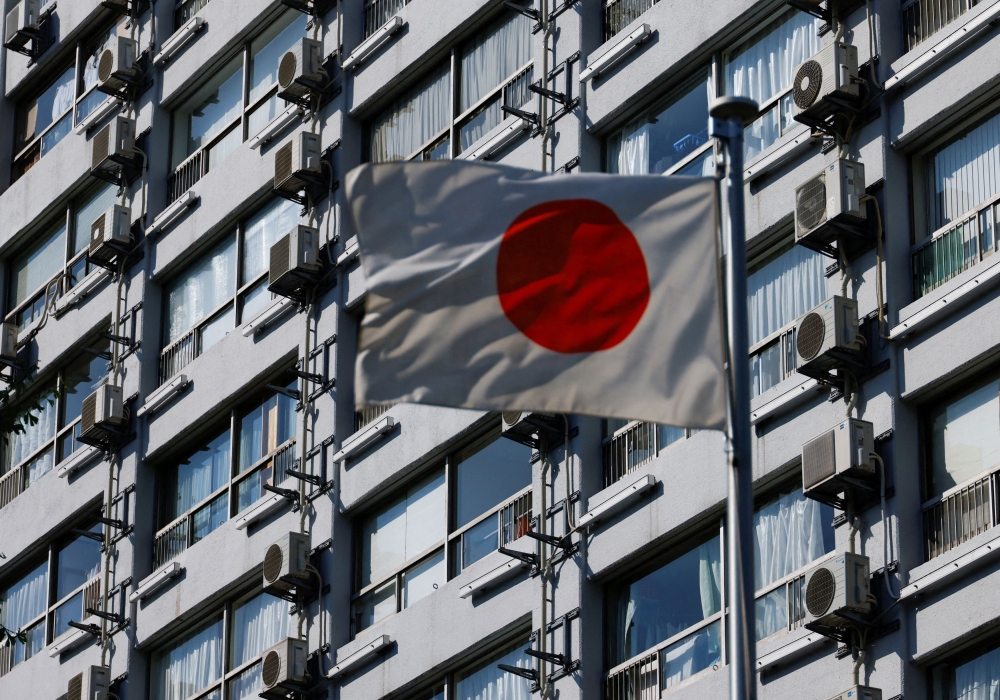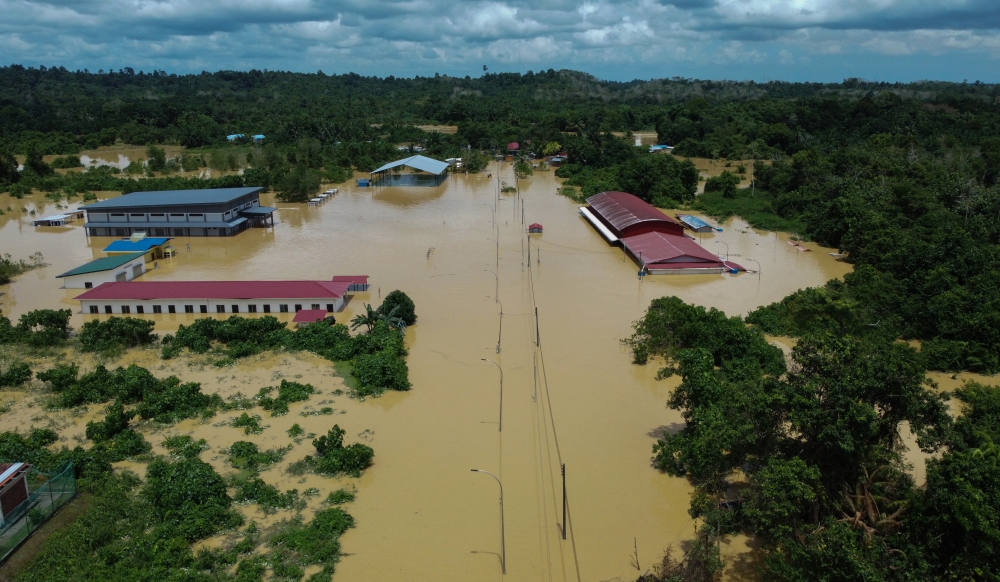KUALA LUMPUR, April 30 — Malaysian think tank The Centre today revealed that a study on mental health well-being showed that almost half of its respondents reported experiencing negative mental well-being during the movement control order (MCO), with different levels of severity.
The study titled “MCO and Mental Well-being: Home Sweet Home?” took answers from 1,084 Malaysian respondents aimed at understanding how the MCO and living conditions during this period impacted mental well-being.
The study said 22 per cent reported experiencing severe and extremely severe anxiety, with women and those below the age of 35 reported experiencing higher levels of negative emotions.
“Between 18 to 26 per cent of women stated that they experienced severe and extremely severe depression, anxiety, and stress.
“Of those under 35, approximately a third reported experiencing severe and extremely severe depression and anxiety,” said The Centre researcher Azif Azuddin, who led the survey aided by Dr Idhlan Zakaria.
“Those currently living in low-cost housing during the MCO reported more extreme signs of depression, anxiety, and stress. This highlights a need to review how low-cost housing is designed and built, and to take into consideration mental health implications of living here,” they said in a statement.
Malaysia is now in phase four of the MCO which started on March 29 and will last till May 12.
Several areas in Kuala Lumpur like Selangor Mansion, Menara City One and Malayan Mansion have all been put under an enhanced movement control order as clusters of outbreaks were detected in these areas.
The areas which are crowded with foreigners cramping into apartments and living in close proximity to each other will give rise to more negative emotions, according to the study.
“The level of crowding in a housing unit impacts mental health. Larger households experience more severe negative emotions and residents in crowded households reported more extreme signs of depression, anxiety, and stress,’ the study said.
“Isolation during the MCO impacts mental well-being, but so does living in inter-generational households. Respondents who reported staying alone experienced slightly more severe depression and anxiety, but similar severity of stress to those in inter-generational households.
“The Centre hopes that the government continues to increase efforts to address mental health in the long run and with lasting impact.”
The Centre urged the government to take a closer look at affected groups to allow for a more comprehensive approach in managing public mental health, both at hospitals and clinics as well as in the wider community.
















.jpg)


